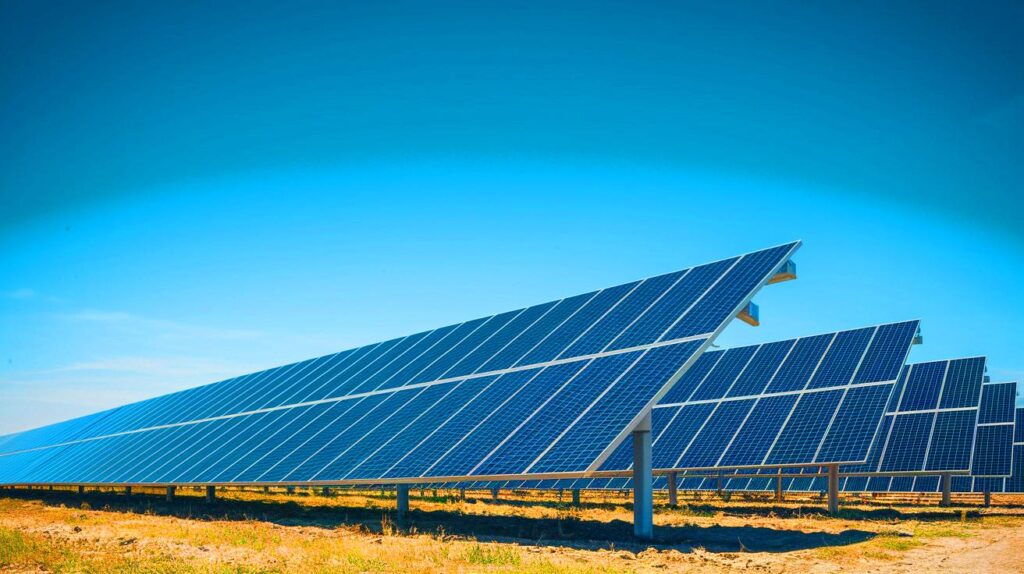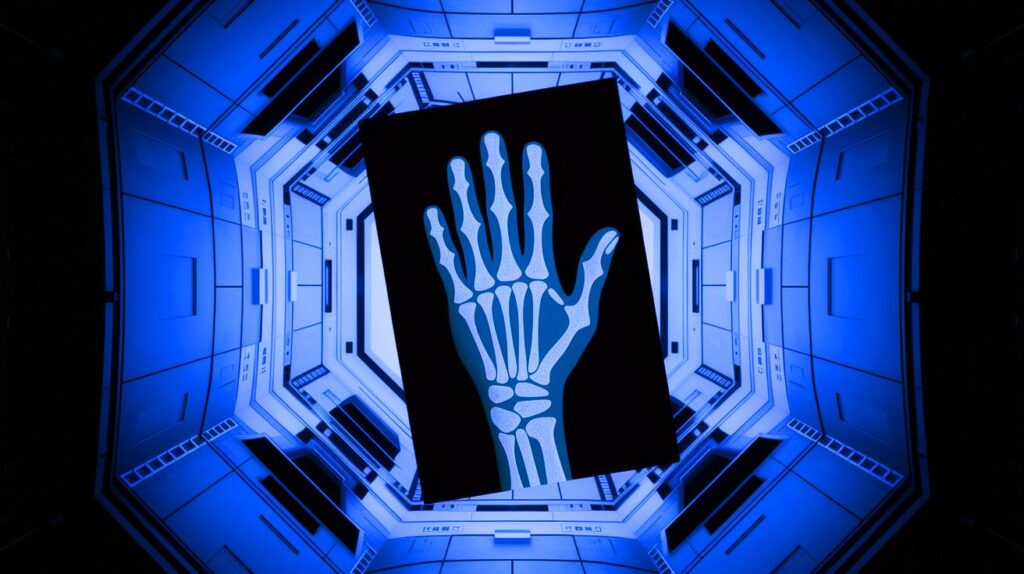| In Brief |
|
Protein intake is often associated with sports, weightlifting, or high-protein diets. However, their role in transforming the human body extends far beyond merely building muscle. Proteins are essential macronutrients involved in numerous biological processes: they repair tissues, regulate metabolism, and influence body composition. Whether aiming to lose weight, gain muscle, or simply maintain good health, adequate protein consumption can lead to visible and lasting changes in an individual’s physique. But how does this nutritional element truly facilitate these changes in the human body?
Role of Proteins in Muscle Building
Proteins are composed of amino acids, which serve as the building blocks for muscle tissues. During physical training, muscle fibers undergo minor tears. The body must then repair these micro-injuries—this is where proteins come into play. They provide the necessary amino acids to rebuild and strengthen these fibers, resulting in muscle hypertrophy, or an increase in muscle volume.
Thus, sufficient protein intake is essential for maximizing the effects of physical training, whether in a gym or during resistance exercises. Numerous studies show that athletes consuming higher amounts of protein develop more lean mass compared to those who intake too little. Muscle protein synthesis is also stimulated after each high-protein meal, encouraging sustainable anabolism.
It is equally important to distribute protein intake throughout the day (3 to 5 protein-rich meals or snacks) to optimize this process. This helps avoid long catabolic periods (when the body breaks down muscle tissue for energy) and promotes continuous growth.
Effect of Proteins on Fat Loss
Proteins have been shown to improve body composition not only by building muscle but also by promoting fat loss. On one hand, they increase energy expenditure through the thermic effect of food (TEF), meaning the body burns more calories to digest and metabolize proteins compared to carbohydrates or fats. In fact, up to 30% of the energy contained in proteins is utilized during their digestion.
On the other hand, a high-protein diet leads to prolonged feelings of satiety, which can reduce caloric excess and snacking. By diminishing appetite, proteins help maintain the caloric deficit necessary for losing body fat.
Here’s a table illustrating the average number of calories burned based on the type of macronutrient:
| Macronutrient | Thermic Effect (%) |
|---|---|
| Proteins | 20 to 30 % |
| Carbohydrates | 5 to 10 % |
| Fats | 0 to 3 % |
This superior energy yield makes proteins an ally in any body transformation program, whether aimed at muscle gain or refining physique.
Improvement of Metabolism and Vital Functions
Proteins also play a fundamental role in various metabolic functions. They are involved in the production of enzymes, hormones, and antibodies. For instance, growth hormone and insulin, essential for energy metabolism and cellular recovery, depend on an adequate supply of amino acids.
When the body receives sufficient protein, it stabilizes hormonal levels, balances blood sugar, and reduces insulin spikes. This limits sugar cravings and maintains energy throughout the day. A more stable metabolism also signifies more efficient digestion, better sleep, and a strengthened immune system.
Moreover, certain proteins act as nutrient transporters in the blood: ferritin transports iron, albumin ensures the delivery of fatty acids, and so on. In essence, the entire functional architecture of the human body relies, directly or indirectly, on a constant presence of proteins, whether from plant or animal sources.
What Type of Proteins and How to Consume Them?
It is possible to achieve body transformation goals solely through diet, but many also choose to supplement their intake using protein powders, such as whey, casein, or plant-based options (pea, rice, hemp). These supplements are advantageous as they are convenient, easily digestible, and rich in essential amino acids.
Here is a simplified table for comparing the main protein sources:
| Source | Origin | Protein Content/100g |
|---|---|---|
| Whey | Milk (whey) | 80 to 90 g |
| Chicken Breast | An animal source | 28 to 30 g |
| Tofu | Plant source (soy) | 12 to 15 g |
| Pea Protein | Plant source | 70 to 80 g |
Turning to supplements available at specialized stores, such as this selection of proteins, ensures a good quality/practicality ratio, especially for active individuals or those with specific body transformation goals.
Body transformation through protein intake is not a miracle, but a subtle alchemy between diet, physical activity, and consistency. Integrating sufficient protein into one’s daily routine can promote better physical shape, refine physique, and enhance overall health. And how do you incorporate proteins into your everyday routine?







